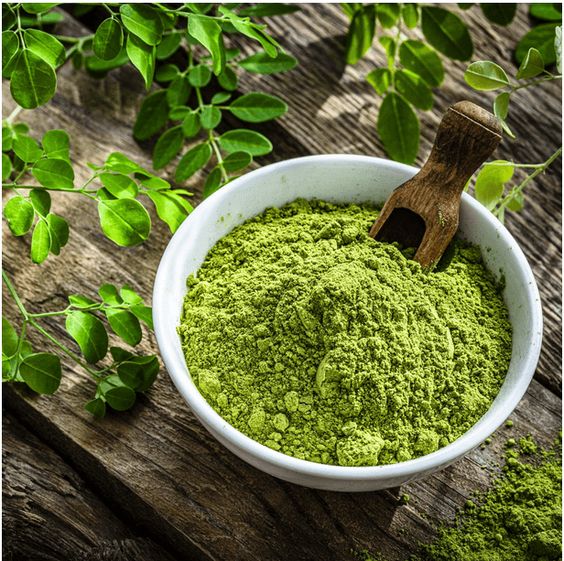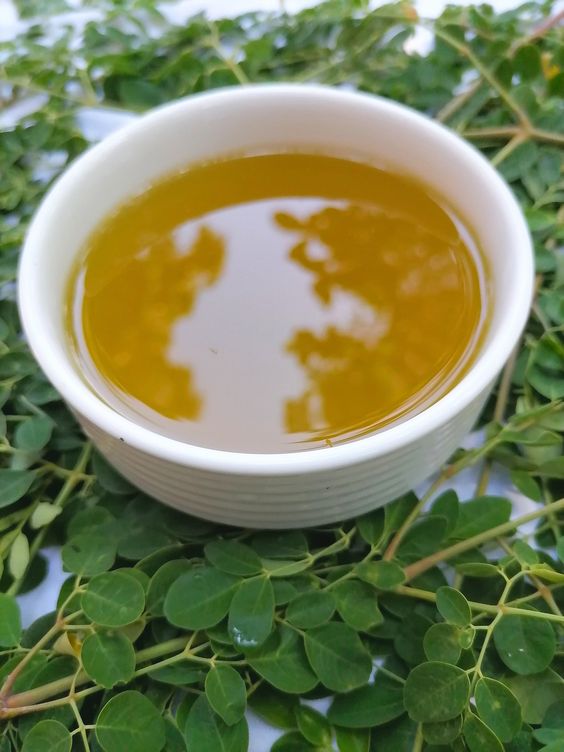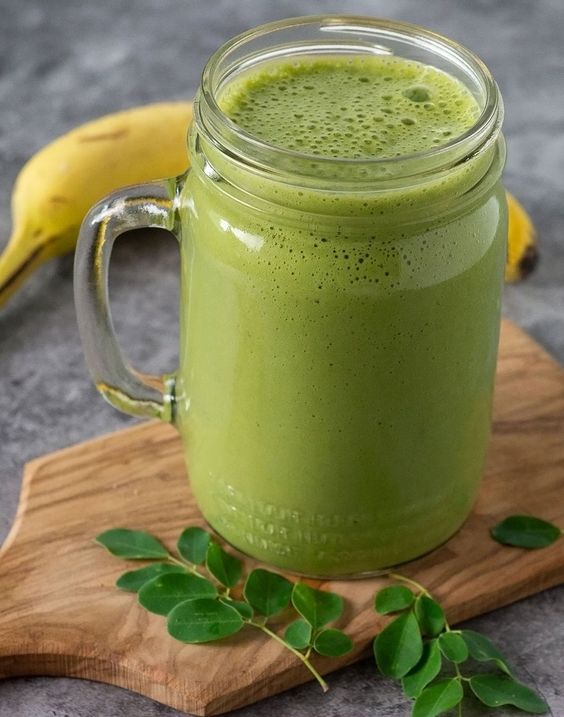Do you know that a single leaf from the moringa tree holds more nutrients than many foods in our daily diets? Dubbed the “miracle tree,” moringa is packed with vitamins A, C, and E, minerals like calcium, potassium, and magnesium, and a full spectrum of amino acids – making it a rare complete plant-based protein.
These nutrient-dense leaves also deliver a remarkable antioxidant punch, featuring compounds such as quercetin and chlorogenic acid, which are known to fight inflammation and promote overall wellness.
As science delves deeper, more people are discovering the incredible range of health benefits moringa leaves offer.
#1. Anti-Inflammatory Properties
Moringa’s powerful anti-inflammatory compounds, such as isothiocyanates, are effective in reducing arthritis, heart disease, and even certain cancers.
According to studies published in the Journal of Medicinal Food, moringa leaf extract significantly decreased inflammatory markers in test subjects, supporting its role in treating inflammatory conditions.

#2. Heart Health Support
Studies have shown that the bioactive compounds in moringa may help to reduce cholesterol levels and improve blood pressure. For instance, moringa is rich in potassium, a mineral essential for regulating blood pressure, and antioxidants that help keep blood vessels healthy.
Research in Phytotherapy Research journal has indicated that moringa can reduce LDL (bad cholesterol), which in turn may lower the risk of heart disease.

#3. Blood Sugar Regulation
Moringa has shown promising effects in regulating blood sugar levels, which is especially significant for people managing diabetes or those with blood sugar imbalances.
Chlorogenic acid, a powerful antioxidant found in moringa, helps slow the absorption of sugar into the bloodstream, thus reducing spikes in blood sugar levels after meals.
A study published in BioMed Research International found that consuming moringa leaf powder significantly reduced blood sugar levels in test subjects.

#4. Antioxidant Protection
The high antioxidant content of moringa leaves offers protective benefits at a cellular level, combating oxidative stress, which is linked to aging and disease.
Key antioxidants, including quercetin and beta-carotene, help neutralize free radicals, reducing cellular damage and potentially slowing the aging process.

#5. Enhanced Immunity and Disease Prevention
Vitamin C, one of the key nutrients in moringa, is essential for immune function, helping the body fend off infections and recover from illnesses faster.
Moringa also possesses natural antibacterial, antiviral, and antifungal properties that further support the body’s defenses.

#6. Digestive Health Benefits
The fiber in moringa leaves aids in digestive health by promoting regular bowel movements and supporting the growth of beneficial gut bacteria.
Additionally, moringa’s antibacterial properties may combat harmful bacteria in the digestive tract, contributing to overall gut health.
#7. Mental Health and Cognitive Function
In recent years, research has started to uncover moringa’s impact on mental health and brain function. Its rich antioxidant profile helps protect brain cells from oxidative stress, which is linked to neurodegenerative diseases.
Moreover, moringa leaves contain compounds that may support mood regulation by interacting with neurotransmitters such as serotonin and dopamine.

#8. Bone Health Support
Bone health is essential, especially as we age, and moringa’s rich content of calcium, magnesium, and vitamin K supports strong bones and reduces the risk of osteoporosis.
These minerals are crucial for maintaining bone density and preventing fractures, especially in older adults.

How to Incorporate Moringa into Your Diet
It’s easy to add to your daily diet:
- Smoothies: A teaspoon of moringa powder can go into smoothies, providing a nutrient boost without overpowering the flavor.
- Teas: You can brew moringa tea for a refreshing, health-boosting drink.
- Soups and Stews: Fresh or dried moringa leaves can be added to various recipes, providing an easy way to add nutrients to meals.

Though moringa is generally safe, it’s essential to keep intake moderate, especially for pregnant or breastfeeding women or individuals with specific health conditions. Always check with a healthcare provider if you have concerns.
